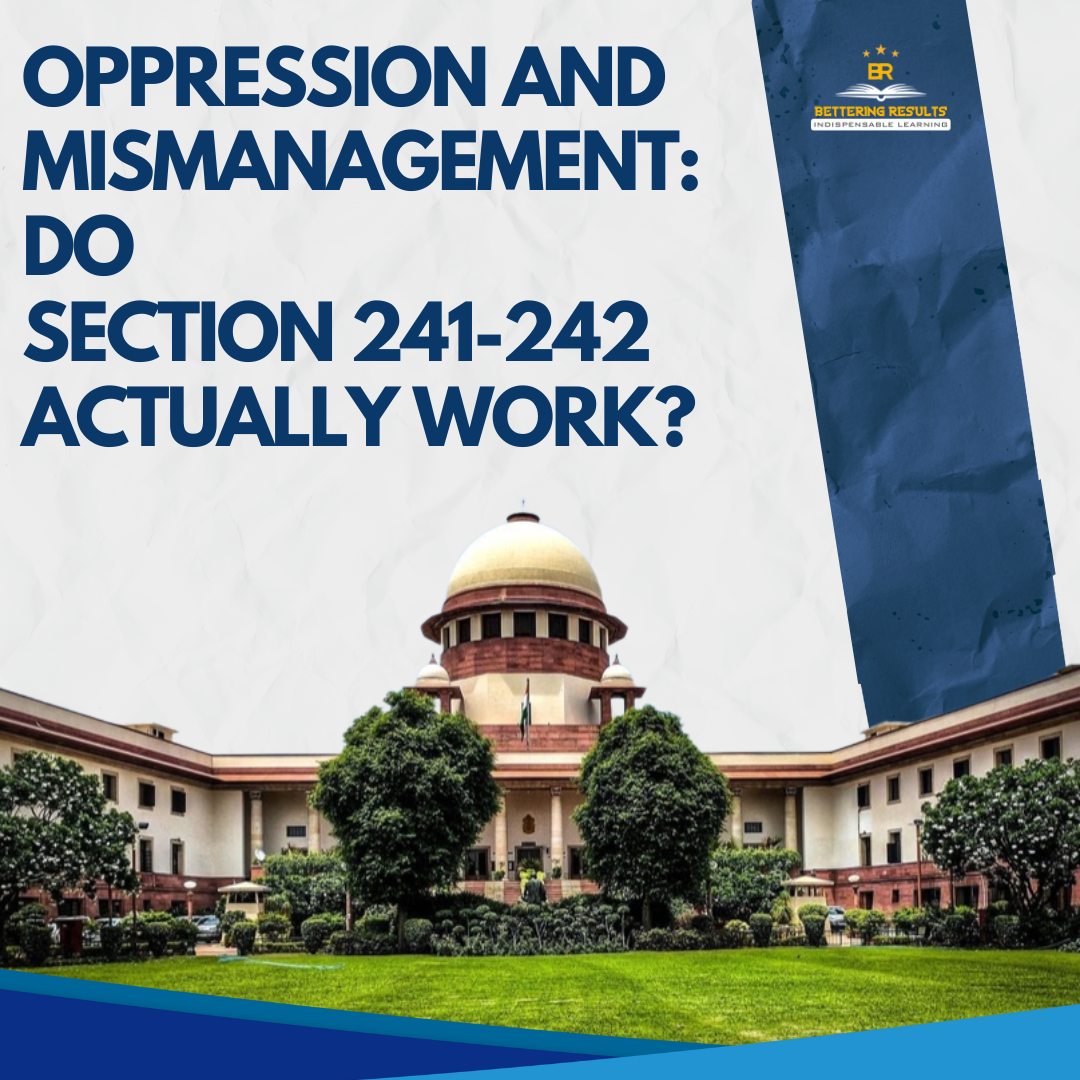When it comes to arbitration, the confusion between “seat” and “venue” is not merely semantic — it can have real legal consequences on jurisdiction, procedural law, enforceability, and the ultimate outcome of a dispute. Whether you are a party negotiating a cross-border contract, in-house counsel drafting an arbitration clause, or external counsel advising on dispute strategy, precision on this distinction is critical. This blog explains what each term means, why the difference matters, common drafting pitfalls, and practical recommendations to ensure clarity and enforceability.
- Understanding the “Seat” of Arbitration
The legal jurisdiction that oversees the arbitration procedures is referred to as the Seat of the arbitration. It is a legal idea rather than a real place. For selecting a seat, it also crucial to decide which national legal framework will govern the arbitration.
There are serious consequences to this. The seat determines which country’s arbitration legislation, known as lex arbitri (crucial law), applies, which courts have the power to execute or reverse a ruling, and where parties may challenge an award or seek temporary relief. In other words, the seat is the legal place of the arbitration.
The seat continues to be the jurisdiction that legally supports the arbitration even if the actual hearings are held somewhere else. The seat’s courts will have the power to get involved in issues including award annulment, emergency relief, and arbitrator appointments.
- Relevant Case Law
The Supreme Court of India in BALCO v. Kaiser Aluminium (2012) clarified the significance of the seat in determining the applicable procedural law and emphasized that the seat is not automatically aligned with the place of arbitration or hearing. Likewise, in Shashoua v. Sharma (English courts), the venue was construed to be the seat only where there was no conflicting indication and the parties’ intention could be inferred from the overall contract context. These authorities underscore that ambiguity between seat and venue invites judicial interpretation, which may diverge from the parties’ original expectations.
- Understanding the “Venue” of Arbitration
The venue is the physical or logistical location where hearings or meetings occur. It is chosen for convenience, neutrality, witness accessibility, or infrastructure — for example, holding evidentiary hearings in Dubai while the legal seat remains London. Venue has no bearing on the curial law; it does not determine which courts have supervisory authority, nor does it affect the legal framework that governs the proceeding. A well-chosen venue can aid efficiency and comfort, but it must be clearly distinguished from the seat in the clause to avoid confusion.
- Why This Distinction Matters
4.1 Legal Jurisdiction
The assignment of legal jurisdiction is the most important outcome of selecting a seat. This covers both the applicable arbitration law and the national courts that may offer assistance or oversight. Incorrect seat selection or omission of one might result in procedural issues and jurisdictional ambiguity.
For example, parties may resort to courts within the venue’s jurisdiction in the event of a disagreement if the seat has not been specified, only to discover that these courts lack supervisory authority.
4.2 Enforceability of Awards
Awards made under the legal framework of a recognized seat especially in a Model Law jurisdiction are more readily enforced internationally. Most enforcement regimes, including the New York Convention, give deference to awards issued in jurisdictions with coherent, pro-arbitration legal infrastructures. A poorly chosen or ambiguous seat can jeopardize recognition and enforcement elsewhere.
4.3 Procedural Law
Even while some portions of the process are governed by institutional norms (like those of the ICC, SIAC, or LCIA), national arbitration law is nevertheless very important. Procedural law is decided by the seat, particularly where institutional rules are unclear or silent.
4.4 Strategic Considerations
Sophisticated parties often select neutral seats with established pro-arbitration jurisprudence such as Singapore, London, Paris, or Geneva to minimize perceived bias, limit unnecessary court interference, and ensure procedural predictability. The choice of seat is therefore both a legal and strategic tool.
- Common Drafting Mistakes
A frequent error is using “seat” and “venue” interchangeably or vaguely stating:
Problematic clause: “Arbitration shall take place in Dubai.”
(Does “take place” refer to the legal seat or merely the hearing location?)
Ambiguity forces tribunals or courts to infer intent, which may not align with the parties’ expectations.
Better practice:
Clearer clause: “The seat of arbitration shall be London. The venue for hearings shall be Dubai, unless the tribunal decides otherwise.”
This bifurcation removes uncertainty between the legal base of the arbitration and the practical location for proceedings.
- Practical Recommendations
- Be Explicit: Always specify the seat clearly. Avoid generic phrases like “place of arbitration” unless defined.
- Separate Legal from Logistical Choices: If you want hearings in a specific city for convenience, mention it separately from the seat.
- Align with Institutional Rules: Many institutions have default rules regarding the seat. For example, under ICC Rules, the seat is fixed by the Court unless the parties agree otherwise.
- Account for Enforcement: Ensure that the seat you choose is in a jurisdiction that is party to the New York Convention and has a supportive judiciary.
- Review Governing Law: Ensure the governing law of the underlying contract and the curial law of the seat are compatible. Misalignment can cause doctrinal friction in interpreting the award or enforcing rights.
- Emergency Arbitration & Seat: If emergency relief is sought, recognize that the availability and enforceability of such interim measures may be influenced by the seat’s legal framework. Clarify in advance whether emergency arbitration and its support are intended to be governed by the seat’s law.
- Conclusion
The distinction between seat and venue is foundational in arbitration. The seat determines the legal architecture—who supervises the arbitration, what procedural rules apply, and how enforceable the award will be while the venue deals only with where participants physically meet. Ambiguity or imprecision in drafting can lead to jurisdictional disputes, enforcement difficulties, and unintended strategic consequences. A carefully drafted clause that separates and defines both concepts reduces cost, delay, and uncertainty. For counsel, in-house lawyers, and parties involved in cross-border disputes, mastering this nuance is not optional, it is essential to safeguarding outcomes.
















